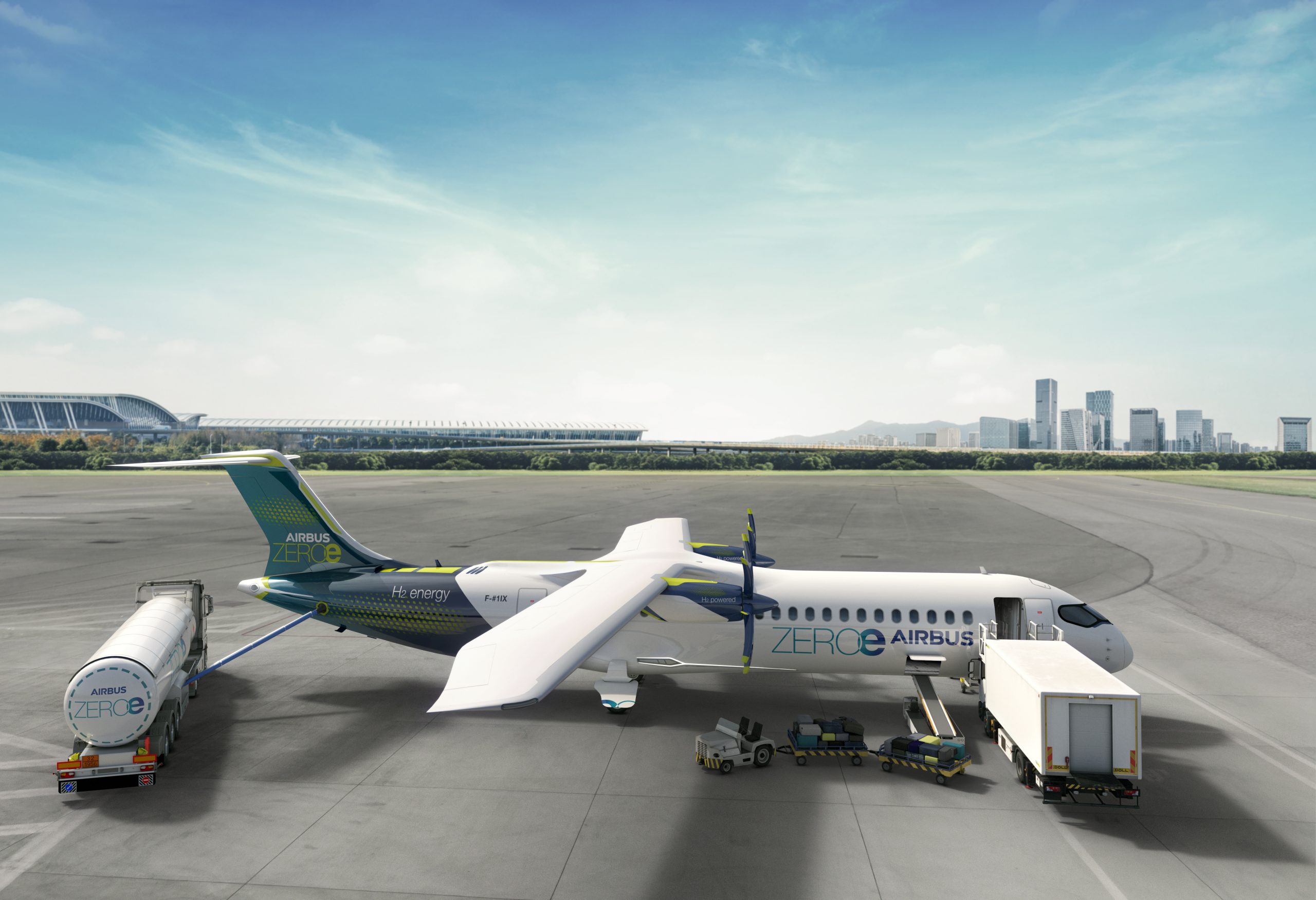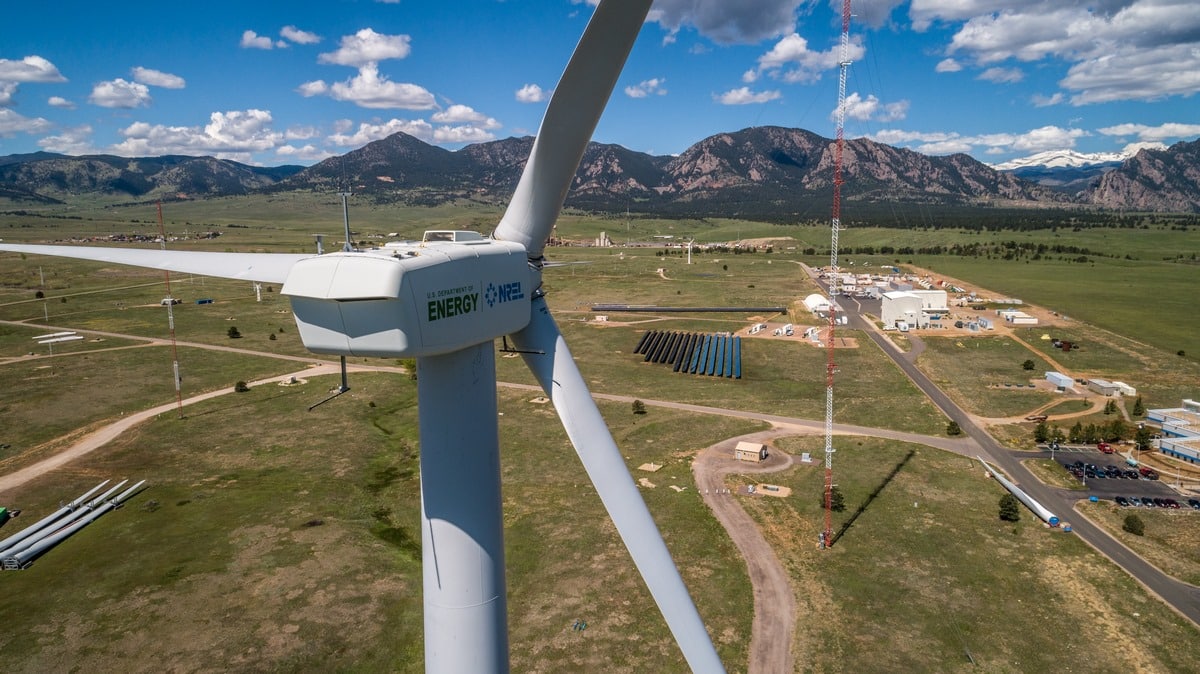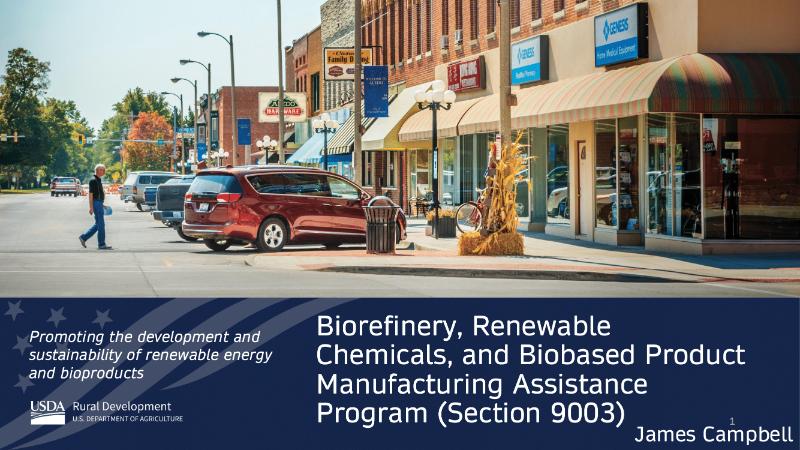
Airbus Strengthens Hydrogen Initiatives with Strategic Collaborations
In a significant move towards advancing hydrogen technology in the aviation industry, Airbus has entered into two key partnerships aimed at exploring and enhancing the use of hydrogen as a sustainable energy source. These collaborations underline Airbus’s commitment to developing a hydrogen-powered future for aviation, aligning with global efforts to achieve net-zero emissions by 2050.
MoU for Hydrogen Infrastructure at Kansai Airports
Airbus has signed a Memorandum of Understanding (MoU) with Kansai Airports and Kawasaki Heavy Industries to study the feasibility of hydrogen infrastructure across three major airports in Japan’s Kansai region: Kansai International Airport, Osaka International Airport, and Kobe Airport. This partnership is a crucial component of the “Hydrogen Hub at Airports” program, which seeks to explore the integration of hydrogen fuel in airport operations.
The agreement focuses on developing a comprehensive hydrogen infrastructure and supply roadmap tailored to each airport’s unique characteristics. The feasibility study will assess these plans from various perspectives, including technology, economics, and legal compatibility. The initiative aims to identify key challenges and propose solutions through demonstration projects, ultimately leading to policy recommendations.
Advancing Hydrogen-Fueled Aviation
Since 2022, Airbus, in collaboration with Kansai Airports, has been exploring hydrogen use in airport infrastructure. Kansai Airports has already implemented hydrogen-based solutions, such as fuel cell buses and forklifts, showcasing world-class hydrogen infrastructures. The collaboration with Kawasaki further strengthens this initiative, leveraging Kawasaki’s expertise in hydrogen supply networks and airport infrastructure.
Airbus has projected that, during the initial phase, a few tons of liquid hydrogen per day will be necessary to support aircraft operations, with demand potentially increasing to several hundred tons daily by 2050. The partnership anticipates that this effort will not only support the development of hydrogen-powered aircraft but also contribute significantly to decarbonizing airport infrastructure in Japan.
Superconducting Motor Prototype
Pioneering Superconducting Technologies with Toshiba
Complementing the hydrogen infrastructure efforts, Airbus UpNext has partnered with Toshiba Energy Systems & Solutions Corporation to explore superconducting technologies for future hydrogen-powered aircraft. This collaboration aims to develop a two-megawatt superconducting motor, which utilizes liquid hydrogen for both fuel and cooling, thereby boosting the efficiency and performance of electric propulsion systems.
This partnership was formalized during the Japan Aerospace 2024 event in Tokyo. It marks a strategic milestone for Airbus Tech Hub Japan, an initiative launched to foster innovation in aerospace technology. Through this collaboration, Airbus and Toshiba aim to push the boundaries of current electric motor capabilities and drive significant advancements in aerospace applications.
The Road Ahead for Hydrogen in Aviation
Airbus’s endeavors in hydrogen technology reflect a broader industry trend towards sustainable aviation solutions. The company’s long-term vision includes the introduction of hydrogen-powered commercial aircraft by 2035, which could drastically reduce emissions both in the air and on the ground.
Karine Guenan, Head of ZEROe Ecosystem at Airbus, highlighted the growing global interest in hydrogen as a decarbonization tool, stating, “Hydrogen is attracting global attention as a way to decarbonize. Our partnerships with Japanese companies are pivotal in contributing to the introduction of hydrogen-powered aircraft.”
The partnership with Toshiba aligns with Airbus’s objectives to advance superconducting motor technology. Grzegorz Ombach, Airbus Senior Vice President, emphasized the strategic importance of this collaboration, saying, “Partnering with Toshiba allows us to push beyond the current limitations of electric motors and develop breakthrough technologies for our future hydrogen-powered aircraft.”
Conclusion
Airbus’s strategic partnerships with Kansai Airports, Kawasaki Heavy Industries, and Toshiba Energy Systems & Solutions Corporation underscore the company’s commitment to pioneering hydrogen solutions in aviation. By focusing on infrastructure development and cutting-edge technologies, Airbus is poised to play a leading role in the transition towards a more sustainable and environmentally friendly aviation industry. These initiatives not only support Airbus’s vision for hydrogen-powered flight but also contribute to the broader goal of achieving a carbon-neutral future.







